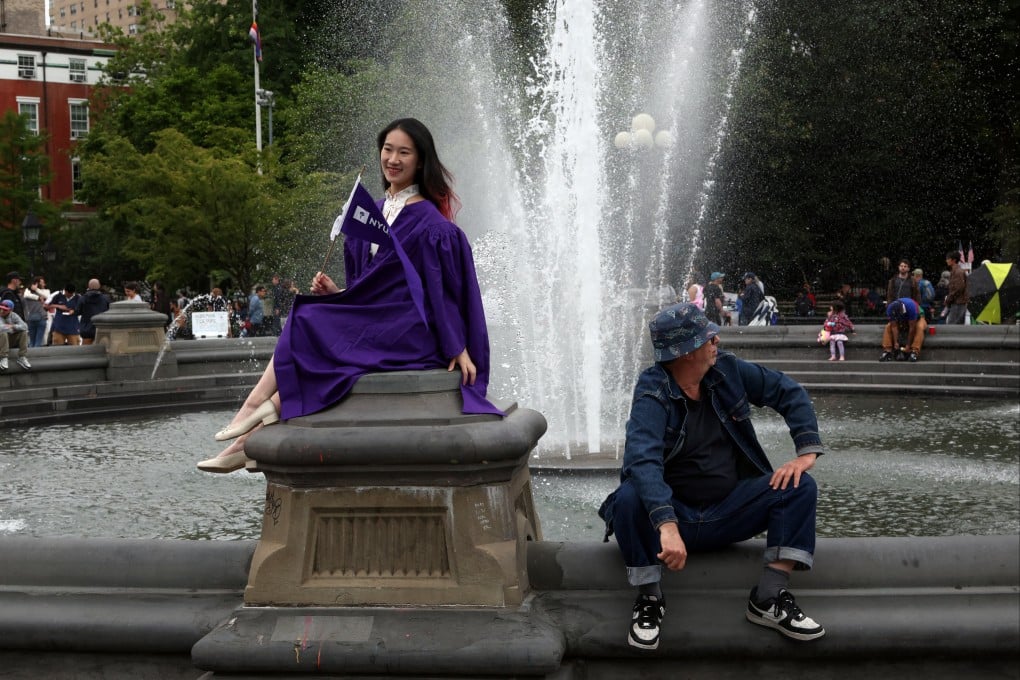The View | US crackdowns on academia will only send global talent elsewhere
The Trump administration’s war on international students need not impede efforts to create research platforms that transcend borders

Where would the United States be without immigrant talent? Some of the country’s leading tech companies, including Alphabet and Nvidia, were founded or co-founded by immigrants. Two-thirds of the tech workers in Silicon Valley are foreign-born. According to research by the Institute for Progress, 60 per cent of the US’ top artificial intelligence (AI) companies have immigrant founders, including former international students.
Could all this prompt a brain drain from the US? Recent developments in the US would compromise its human capital for sure.
Restricting international students would hamper the talent pool for US graduate schools. About half of US STEM PhDs are conferred on international students. While overseas applications for graduate student or postdoctoral positions in the US from China and Europe are decreasing, more American students are exploring academic options abroad.
If the intention for such restrictions is to slow China’s technological progress, it is perhaps too late. Since 1978, around 8 million Chinese students cumulatively have gone abroad for education, with more than 80 per cent of them reportedly returning. Some of them are teaching at universities in mainland China or Hong Kong. Now, Chinese students can obtain world-class education domestically.
